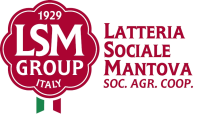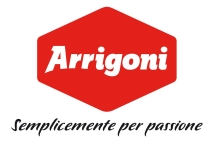Extended privacy statement
Last revised: May 2018
This privacy statement has been drawn up and personalised specifically for the sites
www.clal.it, news.clal.it and teseo.clal.it
on the basis of the provisions contained in art. 4 of the General Decision no. 229 dated 8th May 2014 issued by the Italian Data Protection Authority and published in the Official Gazette no. 126 dated 3rd June 2014.
It integrates and revises all the information already found on the site and/or released to date by the Company/ Organisation, and together with this, provides all the elements laid down in art. 13 and 14 of EU Reg. no. 679/2016 and subsequent decisions issued by the Italian Data Protection Authority.
Important
All third parties are informed that the use of this privacy statement, or even only parts of it, on other websites, where it clearly has no relevance and/or is incorrect and/or inappropriate, may result in the application of heavy fines by the Italian Data Protection Authority.
COOKIES AND SIMILAR TECHNOLOGIES
So-called tracking activities, that is, navigation tracking, are utilised to analyse websites visited, their pages and specific contents, the length of time taken to visit the sites and their frequency.
Often this information is also associated with users, without necessarily knowing their names or where they live. With the use of this information regarding habits, uses and consumption, following analysis and reprocessing, the user’s commercial profile can be constructed and then utilised in what is known as e-Targeted Advertising: putting forward targeted products or services or contents.
In technical-computer technology terms, this is achieved, by the vast majority of websites, with the use of so-called cookies, which are small text files sent by the sites visited to the user’s terminal, where they are stored, to then be retransmitted to those sites when they are next visited.
Cookies vary and have different functional features and, according to the Italian Data Protection Authority, can be categorised as follows:
-
A) technical cookies, those used exclusively for the purpose of " transmitting a communication on an electronic communications network, or insofar as this is strictly necessary to the provider of an information company service that has been explicitly requested by the subscriber or user to provide the said service " (art. 122, paragraph 1 Privacy Code).
Technical cookies can be broken down as follows:
- navigation or session cookies – these ensure that the user is able to navigate normally and benefit from the services offered on the website, allowing him, for example, to make a purchase or to be recognised before accessing confidential areas;
- analytics cookies - these can be equated to technical cookies insofar as they are used directly by the website manager to collect information, in aggregate or anonymous form, regarding the number of visitors and the methods used to move around the website;
- functionality cookies – these allow the user to navigate on the basis of a set of selected criteria (such as the language used, the products selected for purchase), thereby helping to provide a better user experience;
-
B) profiling cookies (also defined as behavioural cookies) designed to create user profiles, these are used for the purpose of sending advertising messages that reflect the preferences shown by the user when navigating on the web (Behavioural Advertising).
They collect information regarding navigation by users, the sites and pages visited and the time taken to visit them; they then show correlated advertising notices on other websites (e-Targeted Advertising).
Other similar technologies also exist (web beacons, cookie flashes, silver light application storage) which are also capable of storing and reading data files on the user’s computer.
-
C) Third-party cookies
“Third-party” cookies are linked to services supplied by third parties, such as, for example, the Facebook “social plugin”, and they monitor the effectiveness of the advertisement. The third party supplies these services in exchange for information regarding the user’s visit to our site. Third-party suppliers of cookies are also obliged to comply with legislation applicable. For this reason, we refer you to the links to the web pages on the third-party site, on which the user can find forms enabling him to give his consent to the cookies, as well as the relevant informative privacy statements.
In view of the particularly intrusive effect these devices can have on the user’s privacy, European and Italian legislation requires users to be adequately informed about how cookies are used, so they can then give their valid consent.
REGULATIONS INTRODUCED BY THE ITALIAN DATA PROTECTION AUTHORITY
By operation of the General Decision no. 229 dated 8th May 2014, published in the Official Gazette no. 126 dated 3rd June 2014 (coming into force on 3rd June 2015 – art. 5 Deadline for compliance), the Italian Data Protection Authority regulated the use of profiling cookies, as defined in art. 1, letter b): Profiling cookies are aimed at creating user profiles. They are used to send advertising messages in line with the preferences shown by the user during navigation. In view of the particularly intrusive effect these devices can have on the user’s privacy, European and Italian legislation requires users to be adequately informed about how they are used, so they can give their valid consent.
Art. 122 of the Privacy Code makes reference to them, providing that “storing information, or accessing information that is already stored, in the terminal equipment of a contracting party or user shall only be permitted on condition that the contracting party or user has given his consent after being informed in accordance with the simplified arrangements mentioned in article 13, paragraph 3” (art. 122, paragraph 1, of the Code).
Cookies therefore have a number of important functions on the web. These have a direct effect, very often undetected, on users’ personal data, which may be processed without setting up procedures to inform the data subject and obtain his consent, as laid down by privacy legislation.
That is why, in the opinion of the Italian Data Protection Authority, any decision made regarding the methods adopted to provide necessary information and obtain consent online, which in practice affect anyone running a website, will therefore have a very strong impact on an enormous number of subjects, who, as already mentioned, vary considerably in nature and in terms of individual characteristics.
The Italian Data Protection Authority, aware of the importance of this decision, therefore considered it necessary that the measures laid down in the decision indicated above should – within the meaning envisaged in art. 122, paragraph 1, of the Code – on the one hand, allow users to be fully aware, when making choices, that cookies are installed, and thereby give their express, specific consent (as laid down in art. 23 of the Code) and, on the other, have the least possible impact, in terms of interruptions during navigation by users and restrictions to their enjoyment of the online services offered on the sites visited.
These contrasting needs, which were also highlighted by the public consultation and the meetings held by the Authority to discuss the matter, were taken into account, first and foremost, when establishing the methods to be adopted to furnish the necessary information in the most straightforward manner.
Moreover, the Italian Data Protection Authority is convinced that the two issues, information and consent, must be dealt with together, in order to prevent mechanisms being used to obtain a user’s consent online that require excessively complicated operations on his part and thereby defeat the object of the privacy statement to simplify the procedure.
In the light of the above, this privacy statement informs users that the following types of cookies are used on this website.
BROWSER SETTINGS
We also inform you that users can configure their privacy parameters relating to the installation and use of cookies, freely and at any time, directly through their navigation programme (browser) following the instructions given.
More precisely, the user can set, what is known as, “private navigation”, with which his browser interrupts the saving of records of sites visited, any passwords inserted, cookies or other information relating to pages visited.
We point out that if the user decides to disable cookies (including technical cookies), the quality and rapidity of the services offered by this website may deteriorate drastically and access to certain sections of the site may even be lost.
PRACTICAL TIPS FOR THE USER ON HOW TO SET THE BROWSER
The disabling of “third-party” cookies will not prejudice the ability to navigate in any way whatsoever.
The setting may be defined specifically for different sites and web applications. In addition the best browsers allow different settings to be made for “proprietary” and “third-party” cookies.
For example, in Firefox, via the Tools->Options ->Privacy menu, access can be gained to a control panel where it can be established whether or not to accept various types of cookies and to proceed with their removal.
- Chrome: https://support.google.com/chrome/answer/95647?hl=it
- Firefox: https://support.mozilla.org/it/kb/Gestione%20dei%20cookie
- Internet Explorer: http://windows.microsoft.com/it-it/windows7/how-to-manage-cookie-in-internet-explorer-9
- Opera: http://help.opera.com/Windows/10.00/it/cookies.html
- Safari: http://support.apple.com/kb/HT1677?viewlocale=it_IT
CLAL S.r.l. informs you that personal data requested or acquired, either before a contact and/or business, collaboration or employment relationship has been set up, in connection with possible contacts directed purely at promoting the Company’s activities, will be processed with a view to satisfying legal and contractual obligations and ensuring that they have been performed correctly, thereby allowing activities most closely linked to the company’s objects to be conducted as efficiently as possible.
Data will be processed using appropriate methods and instruments that guarantee their confidentiality and may be processed using electronic or automated means (network data processing systems not accessible to the public) and using non-automated means (paper-based archives and records), both protected by adequate security measures such as personalised passwords offering exclusive access, personal identity codes and limited access to records, as provided for and regulated by art. 32 of EU Reg. no. 679/2016.
Personal data you have supplied may be transferred and disseminated by our Company:
- only in the circumstances envisaged by law, in order to satisfy obligations of an administrative, accounting and/or fiscal nature for the aforementioned purposes;
- solely to outside associates of the company CLAL S.r.l., acting as tax and/or accountancy and/or legal consultants, for the performance of the tasks described under point a);
- to founder bodies/institutes/companies, dealers, sub-dealers, contractors and/or sub-contractors involved in conducting existing contractual or business relations.
- your personal (not sensitive) data may be disseminated, solely with your prior express consent, which can be revoked at any time, through insertion on the websites "www.clal.it", "news.clal.it" and "teseo.clal.it", and publication in periodicals and magazines specialising in the sector;
- solely with your prior express consent, which can be revoked at any time, to companies operating in the same sector as your company.
Your data cannot under any circumstances be transferred abroad, unless necessary for system management purposes.
Rights of Data Subject
The Data Controller is CLAL S.r.l., acting through its duly authorised representative pro tempore, with registered office in (41121) Modena, Viale Caduti in Guerra no. 1, tel. 59/214171, , certified e-mail:
You can get in touch with the Data Controller if you intend to enforce your rights in the manner envisaged in articles from 15 to 23 and 34 of EU Reg. no. 679/2016, which can be viewed on the site in the section dealing specifically with Privacy Policy.
Further elements or indications may be added to this statement, either verbally or in writing, in order to meet any requests for further clarification on the subject of privacy you may have as effectively as possible and to adapt to/follow developments in the relevant legislation.
Should substantial modifications be made to the statement or should CLAL S.r.l. decide to change the methods adopted to utilise personal data, these modifications or changes will be published in visible form before they take effect, or the user will be directly informed of their introduction. We recommend that users consult the privacy statement relating to the products and services used on a regular basis, to ensure that they are familiar with the procedures adopted by CLAL S.r.l. to safeguard information.
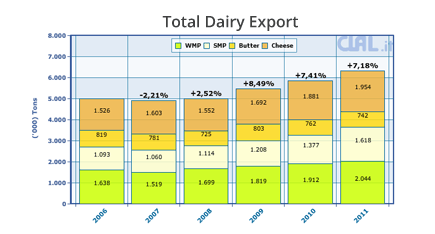
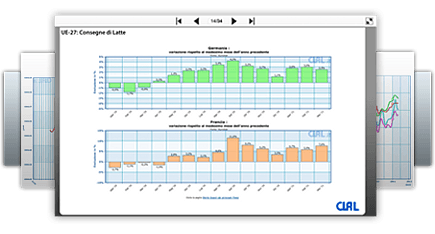
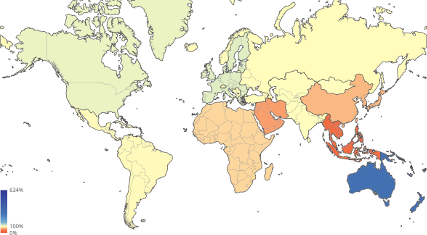






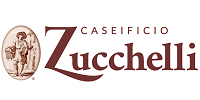


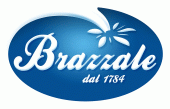










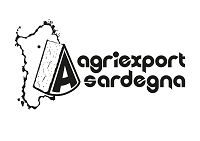
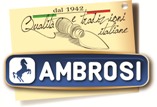

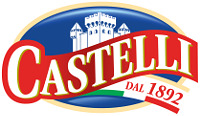








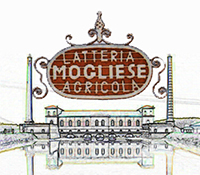

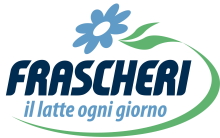



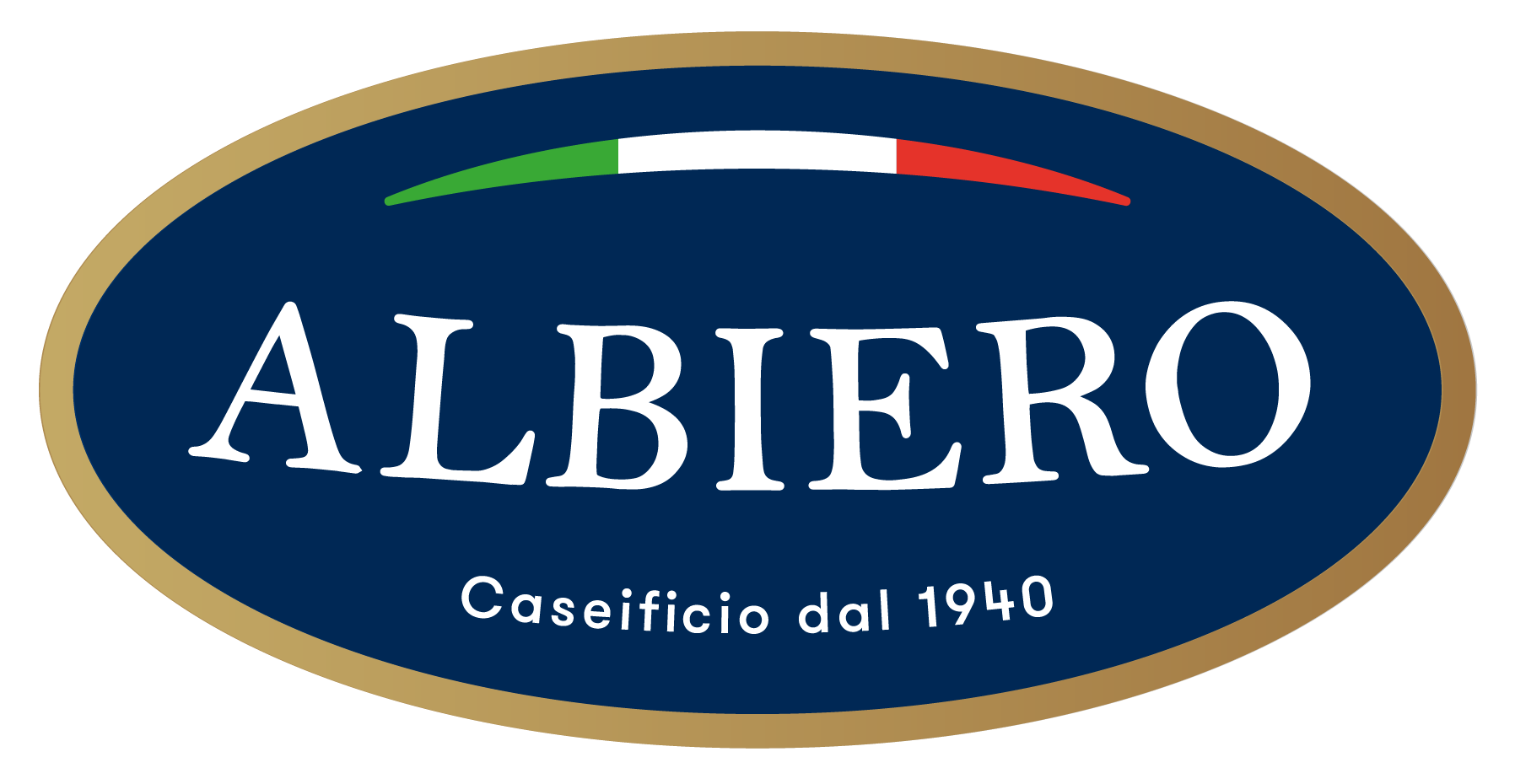


.jpg)
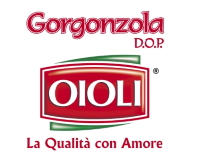




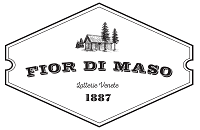

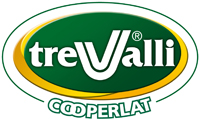



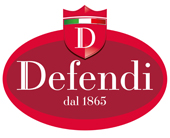





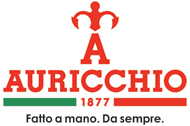



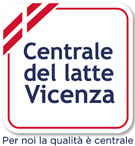





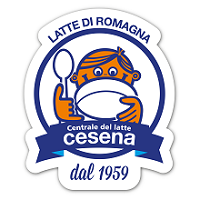
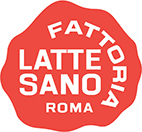



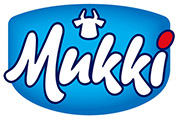


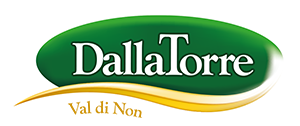







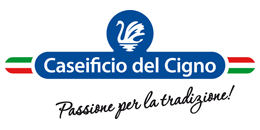






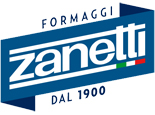
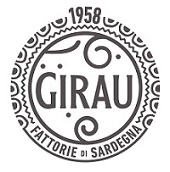

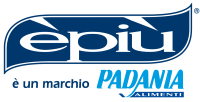
.jpg)



